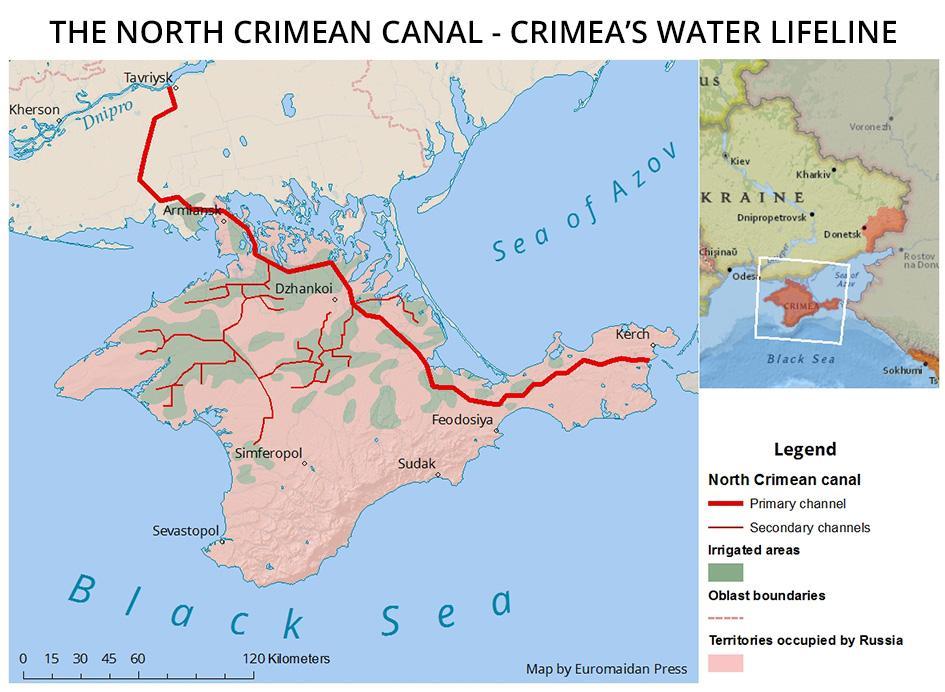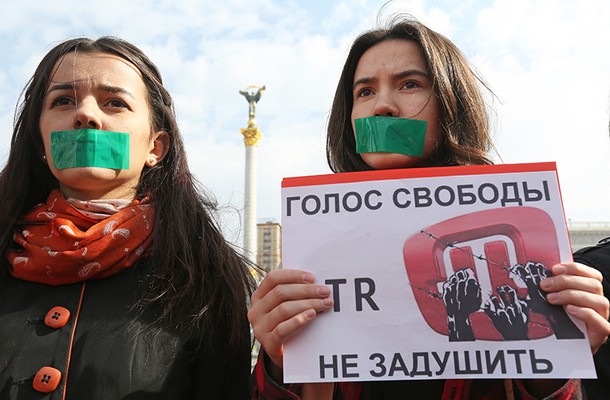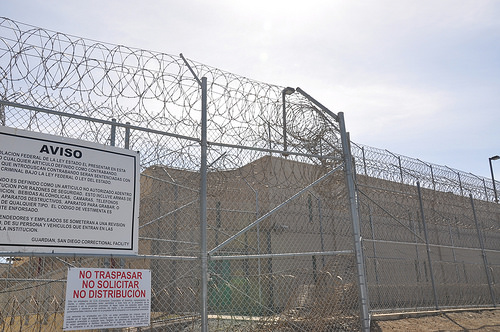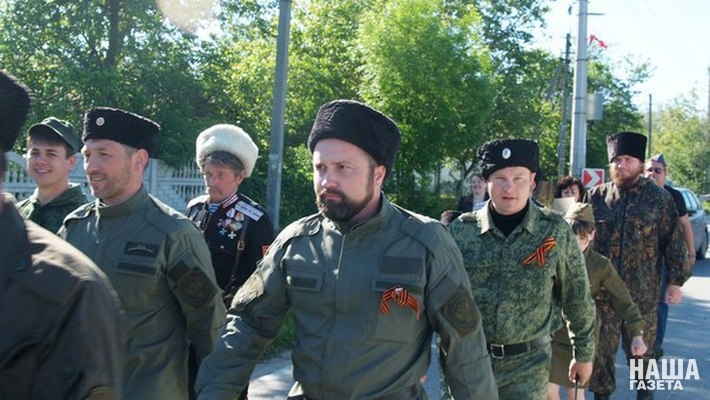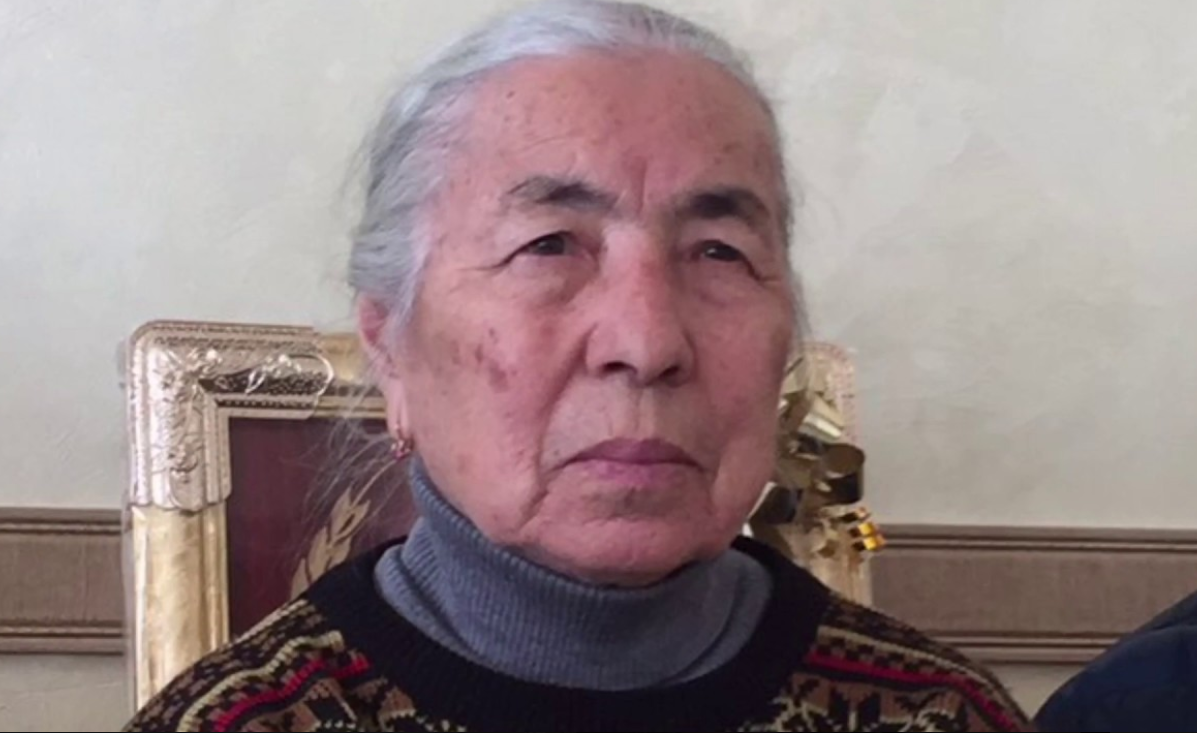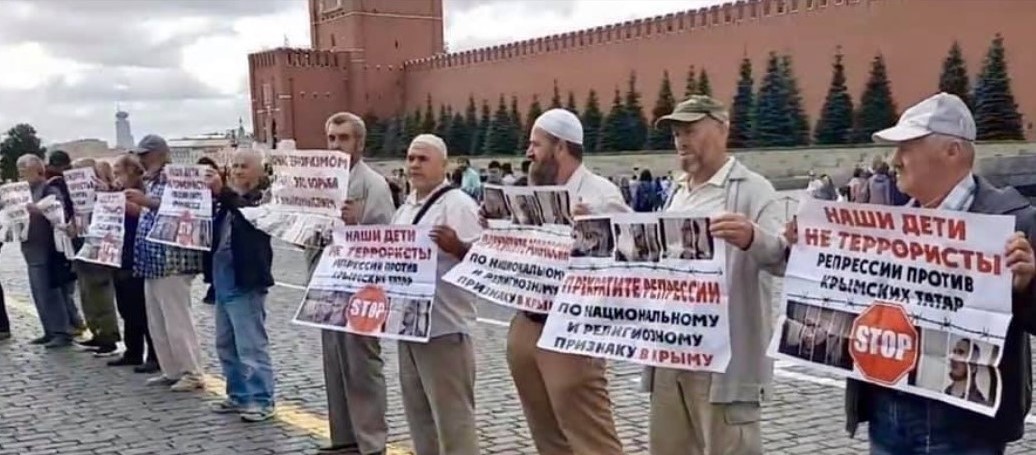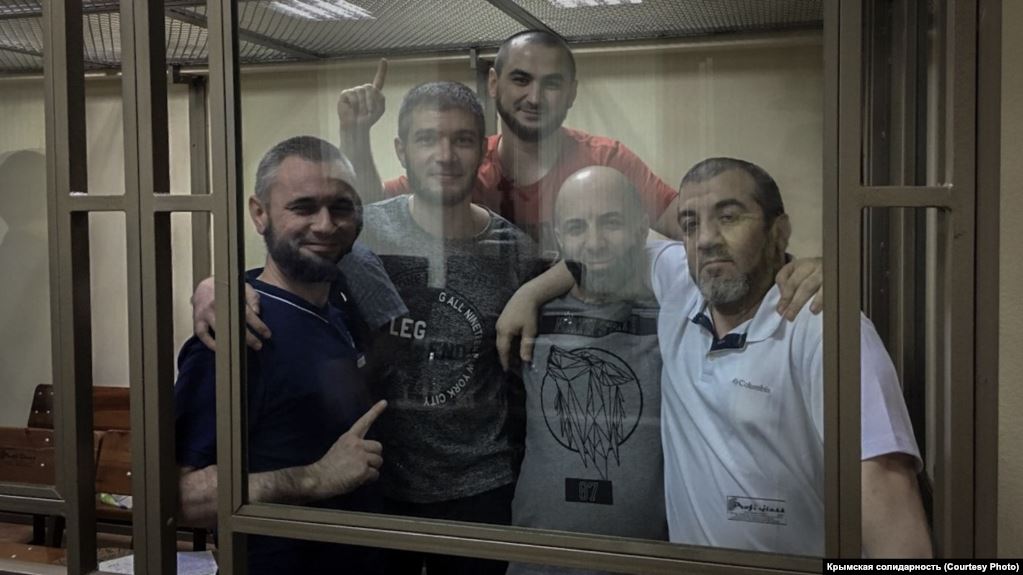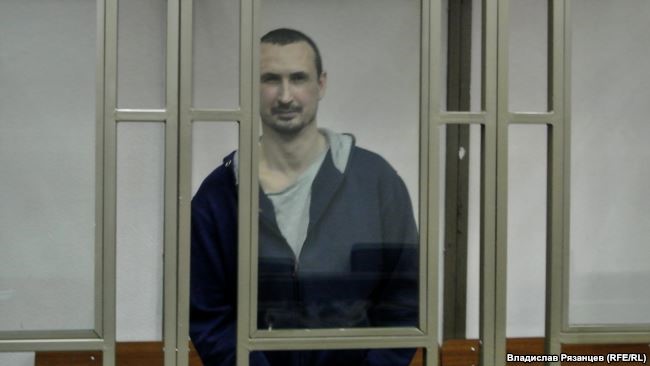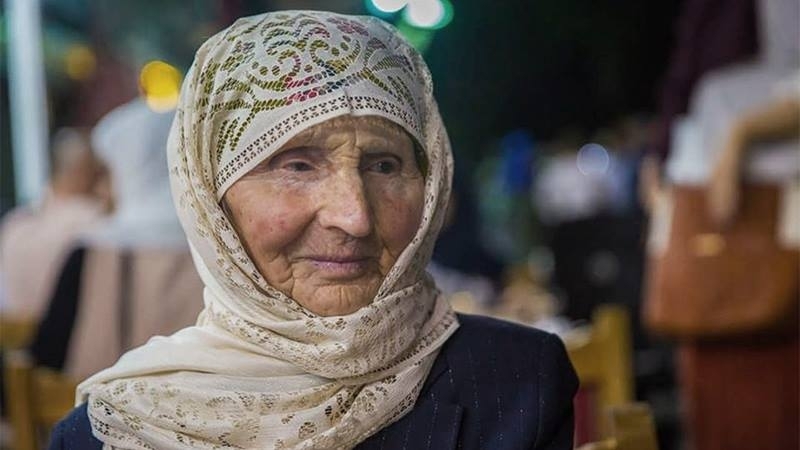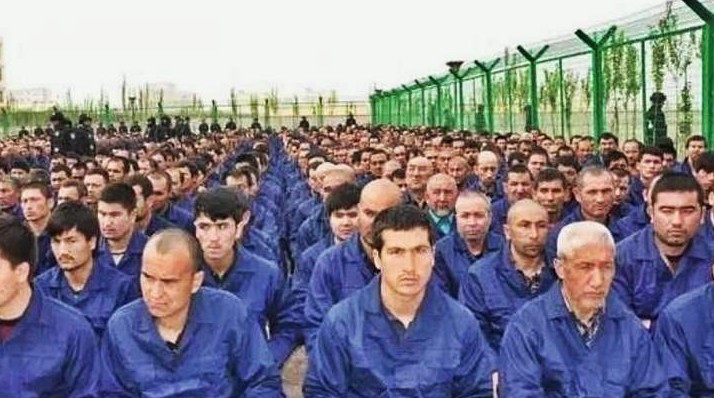
China elected to UN rights council: Orwellian irony
In another one to file under #OrwellWouldShit, the UN General Assembly elected China to the Human Rights Council—despite the country holding some one million Uighur Muslims in concentration camps. The General Assembly also elected Russia, Cuba, Uzbekistan and Pakistan—all similarly accused of human rights violations, if not quite such ambitious ones. US Secretary of State Mike Pompeo criticized the election of countries with “abhorrent human rights records.” A week before the General Assembly vote, China’s UN ambassador Zhang Jun read a statement before the body, denouncing the US for “systematic racial discrimination and violence,” which was endorsed by 25 other nations—including Russia, Iran and North Korea. Of course the perverse irony of this is that Pompeo and Zhang are both correct. And therefore neither has any moral credibility to criticize the other. (Photo: Xinjiang Judicial Administration via The Diplomat)



